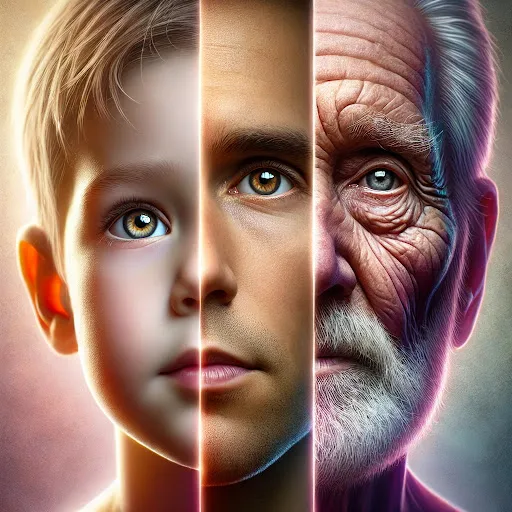Time does not slip away — it waits. Motionless, silent, watching. You say you have no time, yet time is always there, staring back at you. What you lack is not time, but intent — the courage to claim it, to shape it, to own it before it owns you.
Ah, this tired habit of blaming the clock. As though time were something outside of you, pressing in, closing doors, slipping through your fingers. But time does not run, nor does it flee. It is you who rush past. You who look away. You who declare it lost when it was never anywhere but here.
And time? Time watches. It sees you filling the hours with what must be done, what should be done, what you were told must be done. And you say you cannot, that it is impossible, that you are too busy. But busy with what, exactly? With the things you choose — knowingly or not — over the things you claim to long for.
Yet before the ticking, before the measuring, before the universe itself, there was no time. No hours, no days, no waiting. Only silence, and the possibility of everything. Time was not granted; it was willed into being. The universe expanded, and time began. You expanded, and time began. You create it still — with every decision, every surrender, every moment claimed or left to dissolve into the past.
But not all time is the same. The hours spent working shrink, dissolving into routine, leaving behind only the weight of duty. Yet time spent with those you love expands, stretching beyond itself, pressing into the corners of memory, unfolding into something greater than the moment itself.
And the time given to joy? It was never lost. What is life if not the moments of laughter that interrupt the silence, the play that lightens the weight of the everyday? A life without delight, without the freedom to choose what brings happiness, is no life at all. It becomes nothing more than a list of obligations, a series of tasks completed without meaning, a record of days that passed but never truly left a mark.
And then?
One day, at the edge of it all, it ends. A second. No warning. No rehearsal. They say life flashes before your eyes — but is it truly life you see, or only your choices? The time you claimed. The time you surrendered. The time you swore you didn’t have.
And now? The time that is yours — will you still say you have none? Or will you take it before it is no longer yours to claim?


Comments
Post a Comment